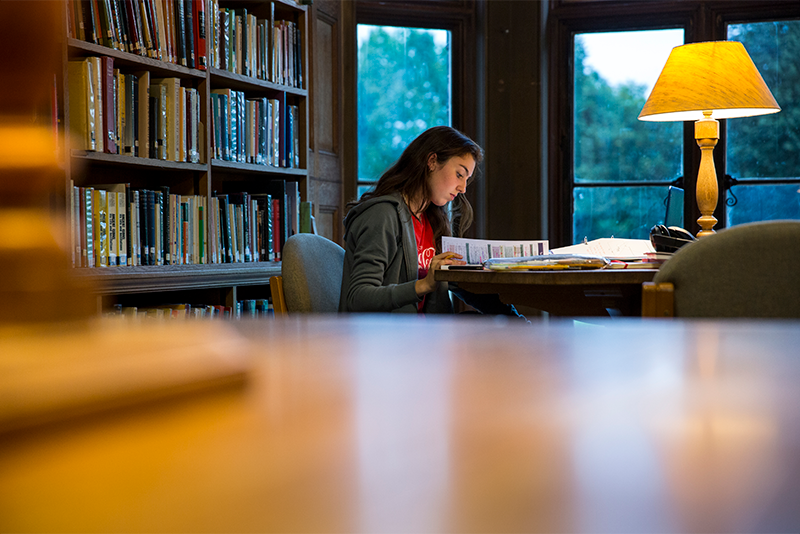I remember the first day of Optometry school orientation vividly.
I had moved in from out of state, was an unconventional student with many gap years, and I am naturally an introvert. I sat on the concrete seats outside of the Lecture building, picked apart a boxed breakfast, and watched as my classmates talked and laughed. How were they already in groups? How did they already know each other’s names and stories? This appearance of familiarity among my peers fueled my anxiety and made approaching any of these boisterous groups seem impossible.
My introversion generally manifests as an elevated heart rate, anxiety, and hesitant speech. I mostly feel this way in small group settings where there is no structure. This made my first few weeks of school very emotionally difficult. As I watched more and more tight knit friend groups form, I felt more anxious about how I was being perceived and how I was going to interact with my cohort. How can I become a good practitioner and have a good impact on our field in general if I can’t even make friends with my class?
My Introversion felt like a handicap. If only I could be more outgoing, talk to people I don’t know with no hesitation or reservation. There are many people here who do just that, who are personable and friendly seemingly all of the time, going out of their way to talk to others. It wasn’t until the end of my first quarter when I started to feel that my introversion may actually being doing me some good. We tend to think of introverts as poor leaders, non-social, or hard to relate to. These are completely false assumptions. All of my time spent overcoming my anxiety and pushing through my hesitation has led me to realize that introversion can be a great strength in this field.
“Network, Network, Network!” is something you will hear over and over again in this field. Optometry is a very small and legislative profession, so there is a strong sense of community, and helping each other out. It is important to integrate yourself into this network early on and introversion may seem like a hurdle to this, but it can actually be a stepping stone to making deeper connections!
Listening is the key. Listening is the strength I have honed and used to make some amazing connections since starting optometry school. From my own cohort, to future colleagues, I have been amazed at the power of genuine interested listening in helping me make great connections. This listening plays perfectly in to relating to and caring for patients. This has also helped me to hear some amazing stories and experiences from people around me that I may not have heard if I was too focused on introducing myself to as many people as possible.
Talking to people in unstructured environments can be a weakness for introverts, but this can improve with practice. Though others may seem to do it perfectly on the fly, sometimes introverts like me may need to practice to become better at off the cuff conversation, and that’s okay! I’ve learned to strategically take the alone time I need so that when it comes time for more social pursuits, I have the energy and emotional rest necessary. These things may push our boundaries but they will make us better practitioners, colleagues, and friends.
Your Optometry class is going to form a kind of family whether you expect it or not. You will go through so many highs and lows together, share so many resources and experiences. Don’t let your social anxiety convince you that you may not be part of this. Medical fields often seem to favor the assertive extrovert, but the prepared and thoughtful introvert has just as much to offer. We all have amazing, and different, skills to contribute to our peers as we travel this road together, and introversion can be one of the many strengths you pull from.

